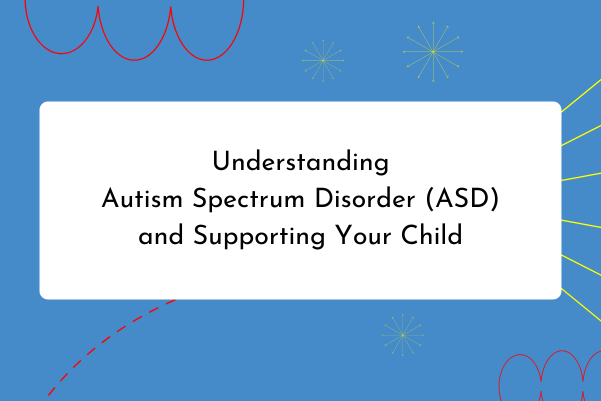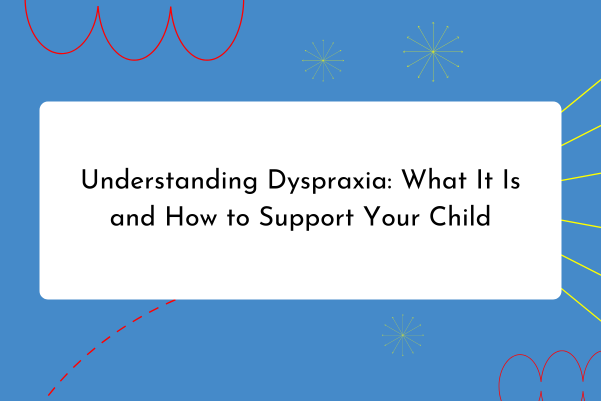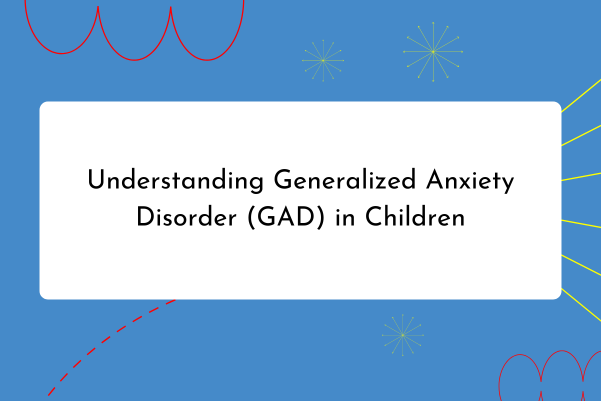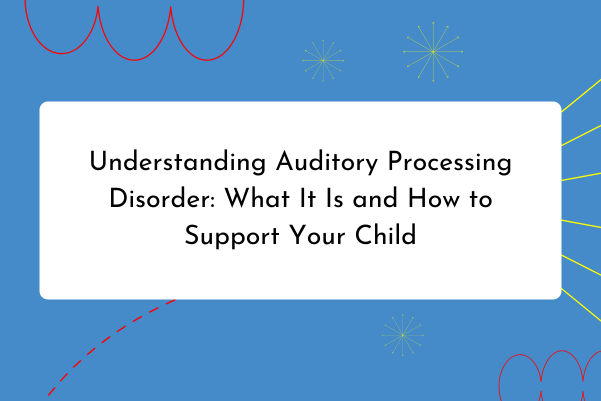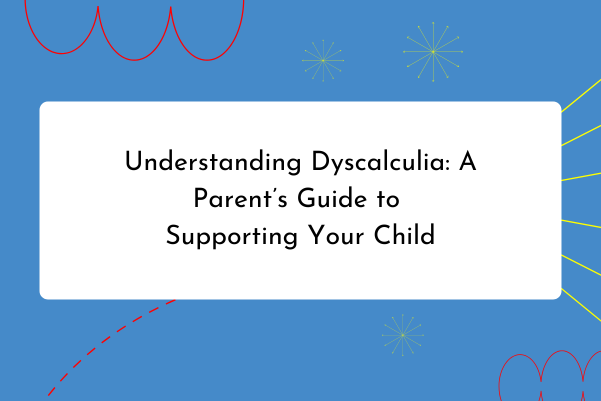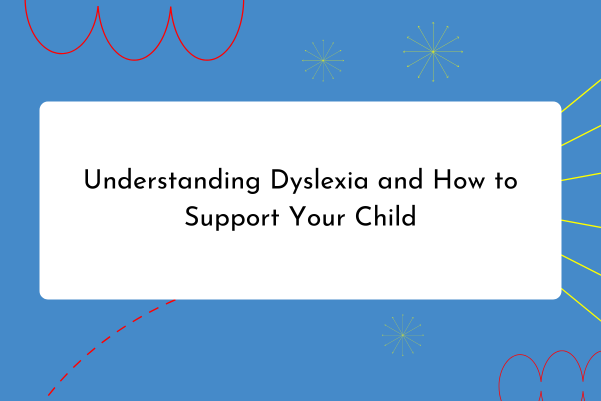Understanding Intellectual Disability (ID): A Guide for Parents
Intellectual Disability (ID) is a condition characterized by limitations in intellectual functioning and adaptive behavior. This means that individuals with ID may have challenges with learning, reasoning, problem-solving, and everyday skills. While it can present challenges, understanding Intellectual Disability and knowing how to support your child can make a significant difference in their development and well-being.
What is Intellectual Disability?
Intellectual Disability is a developmental disorder that affects a person’s ability to think, learn, and reason. It is diagnosed when an individual exhibits an IQ below 70 and has difficulties with adaptive functioning—skills needed for daily living. These challenges typically begin before the age of 18 and can affect various aspects of life, including academic performance, communication, and self-care.
Common Signs of Intellectual Disability
Identifying Intellectual Disability involves observing developmental milestones and comparing them with typical developmental patterns. Some signs include:
- Delayed Developmental Milestones: Slower progress in learning to speak, walk, or perform other age-appropriate skills.
- Difficulty with Learning: Challenges in understanding new concepts or retaining information.
- Problems with Daily Living Skills: Difficulty with self-care tasks such as dressing, feeding, or personal hygiene.
- Communication Challenges: Difficulty expressing needs, understanding instructions, or engaging in conversations.
- Social and Behavioral Issues: Difficulty interacting with peers, understanding social cues, or managing emotions.
How Parents Can Support Their Child with Intellectual Disability
- Seek a Professional Evaluation
A thorough evaluation by a developmental pediatrician, psychologist, or other specialist is crucial for an accurate diagnosis. They can assess your child’s cognitive abilities and adaptive skills, and provide a tailored plan for support and intervention. - Create a Supportive Environment
A nurturing and structured environment can help your child feel secure and supported. Establish routines, use clear and consistent communication, and provide a calm and organized space for learning and activities. - Focus on Strengths and Interests
Every child has unique strengths and interests. Encourage your child to engage in activities they enjoy and excel at, whether it’s art, music, sports, or a hobby. Building on their strengths can boost their confidence and motivation. - Use Visual Aids and Simple Instructions
Visual aids like charts, pictures, and schedules can help your child understand and remember tasks. Use simple, clear instructions and break tasks into smaller, manageable steps to make learning more accessible. - Promote Social Skills and Independence
Encourage social interactions and practice social skills with peers and family members. Provide opportunities for your child to practice self-care and daily living skills in a supportive manner, gradually increasing their independence as they grow. - Collaborate with Educators and Therapists
Work closely with your child’s teachers, therapists, and other professionals to create an Individualized Education Plan (IEP) or similar support plan. Regular communication with these professionals can ensure that your child’s educational and developmental needs are being met. - Encourage Participation in Activities
Involve your child in community activities, clubs, or groups where they can develop new skills and build relationships. Participation in such activities can provide valuable social experiences and help your child develop a sense of belonging. - Support Emotional Well-being
Be attentive to your child’s emotional needs and provide a supportive environment where they feel heard and valued. Offer reassurance, praise, and encouragement to help them navigate challenges and build resilience. - Connect with Support Networks
Reach out to support groups, organizations, or online communities for parents of children with Intellectual Disability. Connecting with others who have similar experiences can provide valuable advice, resources, and emotional support. - Celebrate Achievements and Progress
Celebrate your child’s achievements, no matter how small. Recognizing and rewarding their progress can motivate them to continue working towards their goals and reinforce their sense of accomplishment.
Final Thoughts
Intellectual Disability can present unique challenges, but with the right support and understanding, your child can lead a fulfilling and successful life. By creating a supportive environment, focusing on their strengths, and working with professionals, you can help your child navigate their journey with confidence and pride. Remember, every child is unique, and finding the best ways to support them will be an ongoing process of learning and adaptation.

